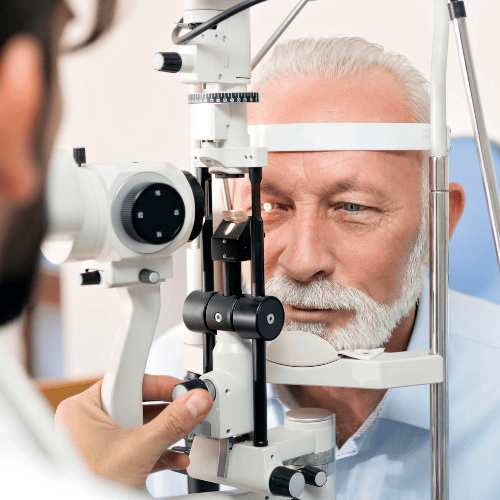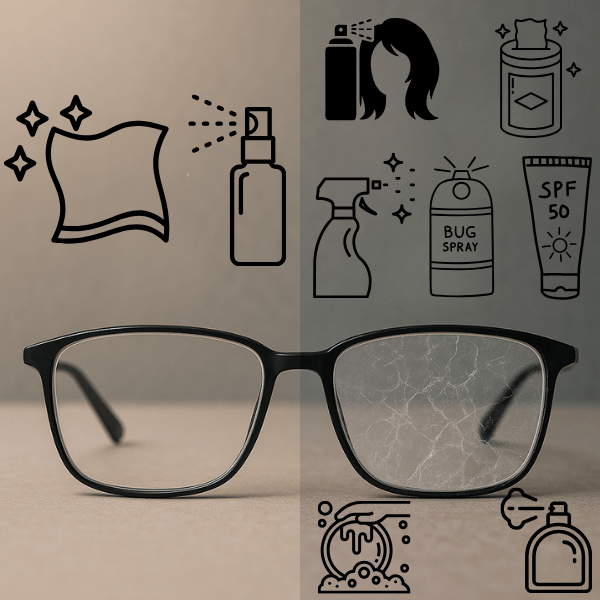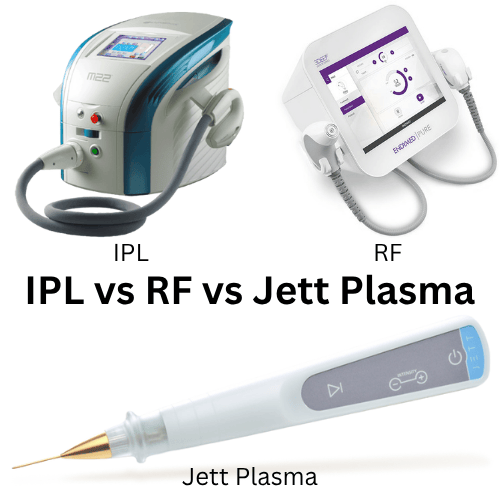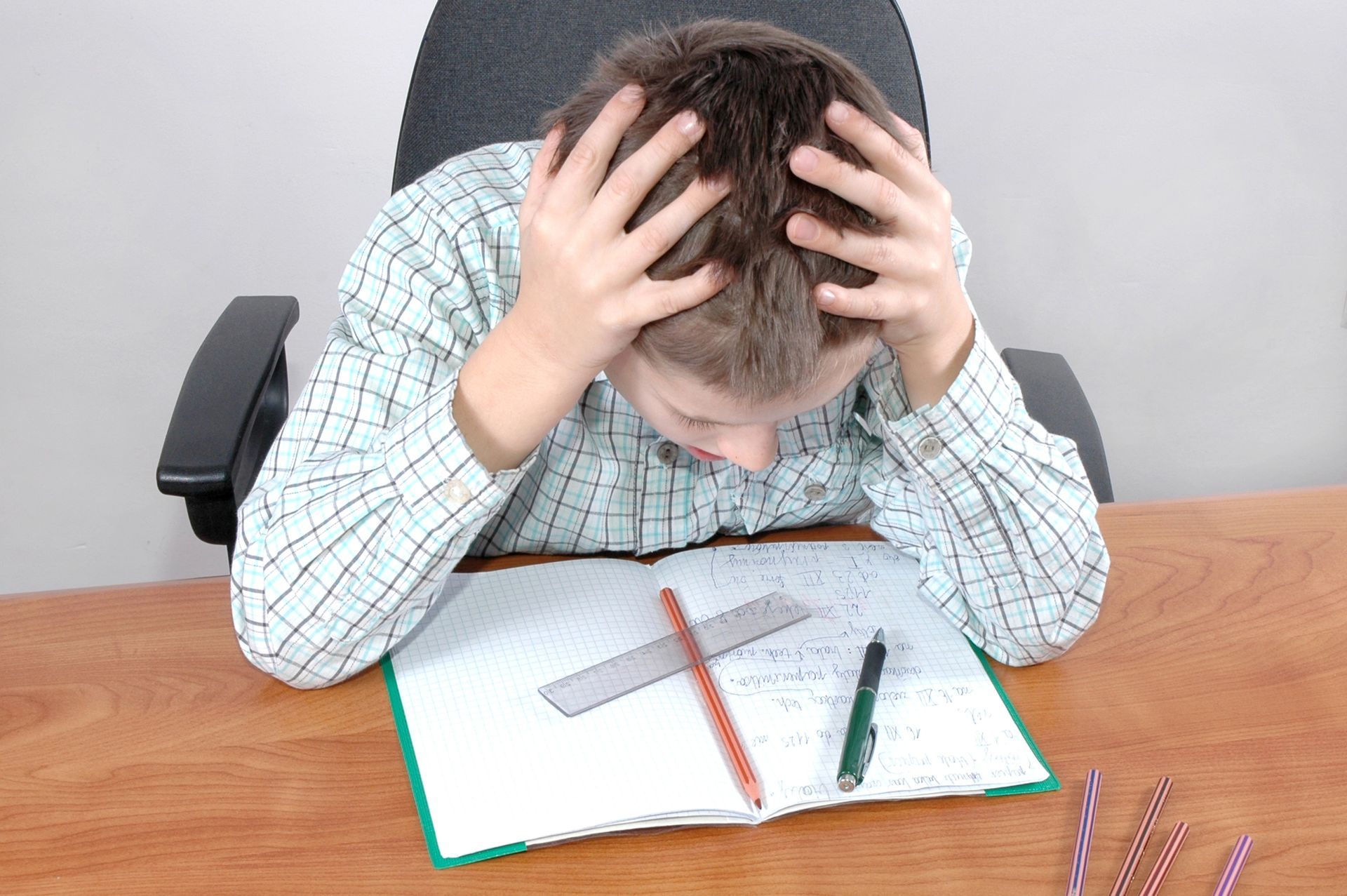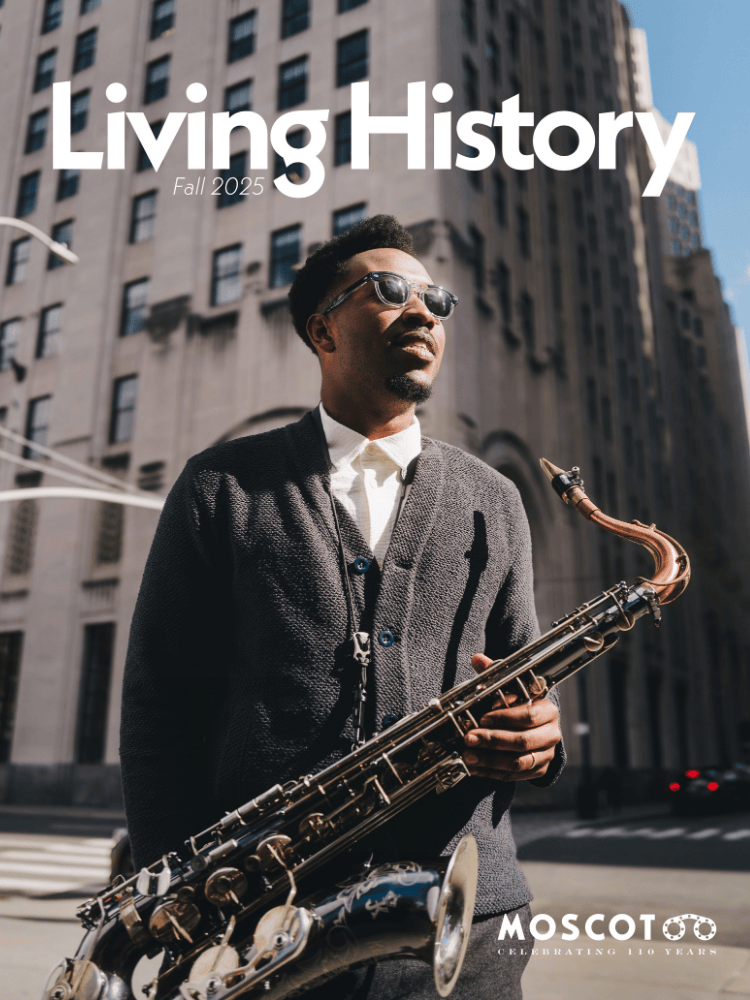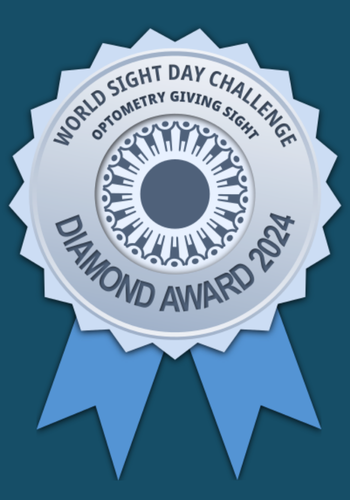EYE AND VISION PROBLEMS RESULTING FROM CONCUSSION
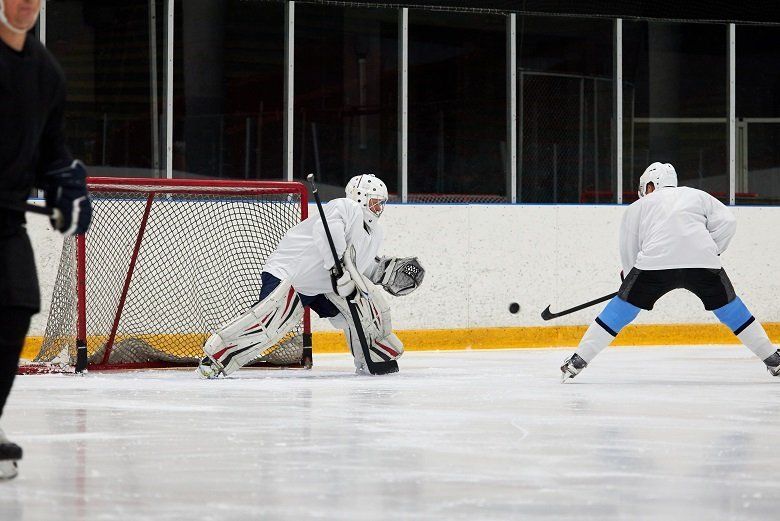
Concussion results from a rapid and sudden head movement from a hit to the head or body severe enough to cause a traumatic brain injury. Following a concussion someone may experience balance and coordination problems, dizziness, confusion, memory problems and headache. Since the brain is heavily involved in vision processing, many who have recently suffered a concussion come to see us with symptoms they need help managing.
Following are common eye and vision problems resulting from concussions:
- Light sensitivity
- Double vision
- Trouble focusing far away
- Trouble focusing up close
- “Eye tracking issues” (inability to smoothly and accurately move the eyes to follow objects and move from one stationary object to another)
Due to these vision symptoms it’s not unusual for victims of concussion to have significant impacts to their academic, athletic or work performance. Symptoms may be short-lived or last for a long period of time.
Our optometrists have a variety of treatment options for concussion patients depending on what specific system has been affected. Therapies we consider often include the following:
- “Relaxing lenses” (designed to take the strain off your focusing system)
- Temporary reading or computer-screen glasses
- Various eyeglass lens tinting options to reduce light sensitivity
- “Prism glasses” to remove double vision
- Vision Therapy (exercises to improve the function of the visual system)
Rehabilitation from concussion can be complex and has the potential to impact physical and mental health. It may be appropriate to seek the advice of a professional such as an athletic trainer, chiropractor, mental health specialist, neurologist, occupational therapist or family doctor, to ensure the concussion is managed as thoroughly and completely as possible.
Give us a call if you or a loved one have suffered a recent concussion. Our Eye Doctors will help manage your eye and vision problems and can also put you in touch with other professionals to help you fully recover.
– Dr. Brandea Balcomb, Associate, Mountain View Optometry
References: Vision Therapy for Binocular Dysfunction Post Brain Injury, Conrad, JS et al. American Optometric Association: www.aoa.org/healthy-eyes/eye-and-vision-conditions/concussions. The Neuro-ophthalmology of Head Trauma, Ventura, RE, et al. Vision Disorders in Mild Traumatic Brain Injury, Quaid, PT, Singmann, E.

